Peter Bestes. Sambo Freeman. Felix Holbrook. Chester Joie. These were some of the names of the four slaves that signed petitions to legislate their freedom.
The petition was written by Felix and sent to Thomas Hutchinson, the governor of Massachusetts Bay Colony during that period. January 6th, 1773, saw these four incredible gentleman not begging, but rather asking for what was rightfully theirs. During the Revolutionary War period, eight freedom petitions were distributed, just to give a general idea of what was occurring during that era. Even with the amount of petitions being sent out, the one with the biggest voice came from these four men.
The first petition, entitled “FELIX” (UNKNOWN) SLAVE PETITION FOR FREEDOM,” was sent to Governor Hutchinson in January 6th, 1773, and mentioned slaves living in and near Boston. Calling upon the biblical texts, the most chilling part is the unforgettable line, “We have no Property. We have no Wives. No Children. We have no City. No Country. But we have a Father in Heaven….” It was with line that they demonstrated that, despite the odds, they had unshakable faith in the face of their situation. They ended the petition by describing freedom as life from death. Truer words have never been spoken, but that wouldn’t be the last petition they sent.
The second petition, entitled “PETER BESTES AND OTHER SLAVES PETITION FOR FREEDOM,” was sent on April 20th, 1773, not long after the first. This particular petition kept the same tone of the first, but is not as tied to religion. Instead, it explained how their conditions were subpar compared to slaves in other continents who got time off to work and earn money on their own. Freedom is still the goal in this petition, but there is definitely a lot more focus on being submissive to the powers that be, and thanking them for their role in looking at the situation.
1774 introduced another petition, “PETITION OF A GRATE NUMBER OF BLACKES” TO THOMAS GAGE, which took on a different tone from the first two. It was a very direct petition that talked about the cruelty of slavery and its effect on society, namely Black society. This was the most fierce petition to date, and got right to the meat of the pain without dancing around it. Rather than asking, this was the first petition that outright demanded their freedom.
Then there was the “PETITION OF A GREAT NUMBER OF NEGROES” TO THE MASSACHUSETTS HOUSE OF REPRESENTATIVES that took on the strongest tone, even going so far as to accuse the house of failing to assist in previous attempts. This bold petition really nailed the feeling of the community as a whole, and stands out above the rest as the perfect mix of emotion and clarity.
No matter which petition you identify with the most, all of them came from the same group of men that were suffering daily hardships. It was their sacrifices and faith that really drove home the idea that African-Americans can make a difference if they work together as a group.
Sources:
http://www.wwnorton.com/college/history/america7/content/multimedia/ch06/research_01a.htm
http://www.historyisaweapon.com/defcon1/fourpetitionsagainstslavery.html

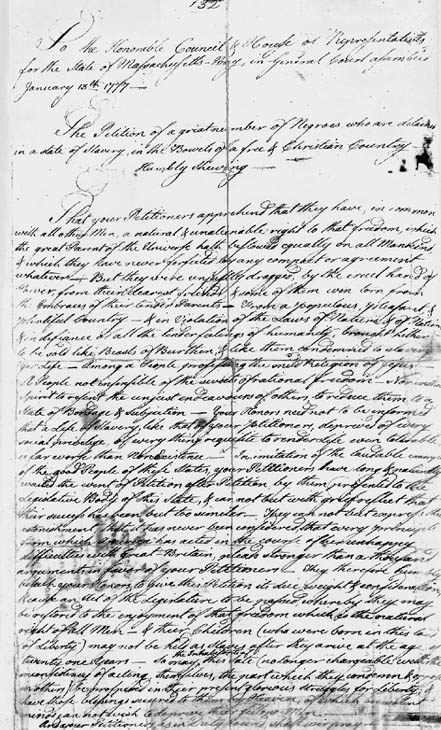



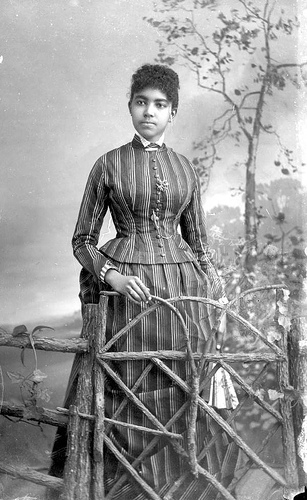
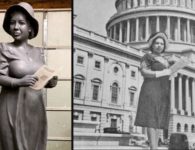
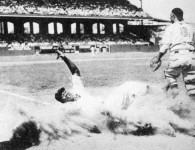
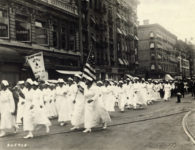
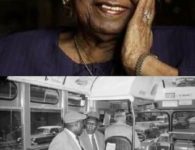
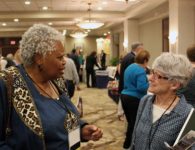
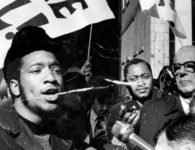



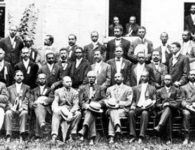

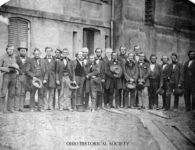
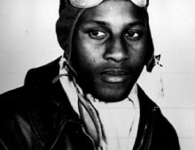


1 Comment
Go Felix!